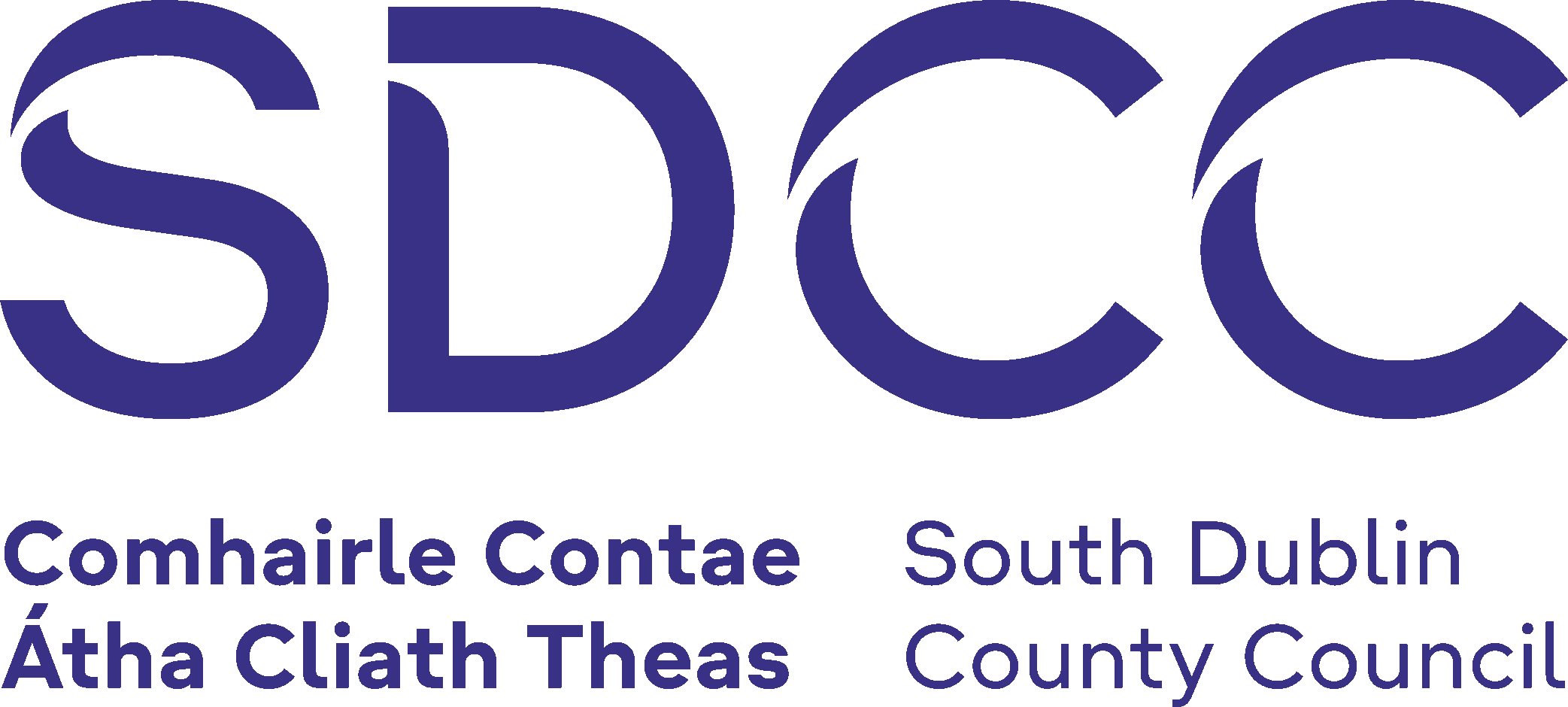Sharing Information about Children and Families
Working together for Children and Families
Jobstown Alternative Response Model
International
National
National Review of compliance with Children First: National Guidelines for the Protection and Welfare of Children 2008
Dublin: OMCYA
The results of research undertaken by the OMCYA in response to issues raised in the Ferns Report. Reviews national compliance with Children First guidelines by State bodies and NGOs.
Read more: www.omc.gov.ie
Analysis of submissions made on national review of compliance with Children First: National Guidelines for the Protection and Welfare of Children 2008
Dublin: OMCYA
The findings from over 130 submissions made by service providers, service users and others as part of the review of the Children First Protection Guidelines
Dublin: OMYCA
Read more: www.omc.gov.ie
The Agenda for Children’s Services: A policy handbook (2007)
Office of the Minister for Children Department of Health and Children
Dublin: Stationery Office
Details the strategic direction and key goals of public policy in relation to children’s health and social services in Ireland. It also aims to assist policy-makers, managers and front line practitioners to engage in reflective practice and effective delivery, identifying their roles within the national policy framework. This process is aided by three accompanying documents detailed below.
Read more: (www.omc.gov.ie)
The Agenda for Children’s Services: Reflective questions for policy makers (2007)
Office of the Minister for Children Department of Health and Children
Dublin: Stationery Office
The Agenda for Children’s Services: Reflective questions for HSE Senior Managers (2007)
Office of the Minister for Children Department of Health and Children
Dublin: Stationery Office
Read more: (www.omc.gov.ie)
The Agenda for Children’s Services: Reflective questions for front-line service managers and practitioners (2007)
Office of the Minister for Children Department of Health and Children
Dublin: Stationery Office
Read more: (www.omc.gov.ie)
Hearing Children: Annual Report of the Ombudsman for Children’s Office (2007)
Dublin: Ombudsman for Children’s Office
Report of the ombudsman on children. In the appendices it includes an executive summary of a report commissioned by the OCO on Barriers to children’s rights in Ireland
Read more: www.oco.ie
National Action plan for Social Inclusion 2007-2016: Building an inclusive society (2007)
Dublin: The Stationery Office
This plan, complemented by the social inclusion elements of the National Development Plan 2007-2013, Transforming Ireland – a better quality of Life for all (2007) describes how the social inclusion strategy will be achieve over the period 2007-2016. The plan includes specific targets and actions relating to children.
Read more: www.socialinclusion.ie
Teenspace: National Recreation Policy for Young People (2007)
Dublin: Office of the Minister for Children
Strategy document which outlines the needs and concerns of young people from 12-18 years on recreational facilities. It highlights the requirement for multi-agency support and input in order to meet the kind of needs described by young people
Read more: www.omc.gov.ie
State of the Nation’s Children Ireland 2006
Office of the Minister for Children Department of Health and Children
Dublin: Stationery Office
A report which details the experience of children in Ireland, covering many aspects of children’s lives including health, behavioural and educational outcomes, their relationships with their parents and friends and services available to and accessed by them.
Read more: (www.omc.gov/documents/publications)
Disability Act 2005: Sectoral plan for the Department of Health and Children and the Health Services (2006)
Dublin: Department of Health and Children
The plan sets out actions for the Department of Health and Children, The HSE and other statutory bodies in relation to the Disability Act 2005
Read more: www.dohc.ie/publications/sectoral_plan
Inequality and the stereotyping of young people (2006)
Maurice Devlin. The Equality Authority
The report investigates the negative stereotyping of young people Ireland. On the basis of both domestic and international research it makes a number of recommendations to counter this negative stereotyping.
Read more: (www.equality.ie)
Ready Steady Play: A National Play Policy (2004)
National Children’s Office
Dublin: The Stationery Office:
A policy document to guide play policy from 2004-2008. The guiding vision is that ‘children will have a access to play, sport, recreation and cultural experiences to enrich their experience of childhood
Read more: (www.omc.gov.ie)
Young Voices: Guidelines on how to involve children and young people in your work (2004)
National Children’s Office; Children’s Rights Alliance, National Youth Council of Ireland
Demonstrates ways in which Agencies, statutory and non-statutory, can develop a culture of participation by children and young people in order to meet requirements of Article 12 of the UN Convention on the rights of the child, ratified by Ireland in1992
Primary Care – a new direction (2001)
Department of Health and Children
Dublin: The Stationery Office
This document set out a blueprint for the planning and development of primary care services over a 10 year period.
Read more: http://www.dohc.ie/publications/fulltext/primary_care_new_direction/
National Children’s Strategy: Our Children – Their lives:
Dublin: Stationery Office: (November 2000)
&
National Children’s strategy Our Children – Their lives: executive summary (2000)
Dublin: Stationery Office:
This strategy seeks to provide a clear direction to all concerned with advancing the status and quality of life children to 2010
Read more: (www.dohc.ie/publications/national_childrens_strategy.html)
Read more:www.omc.gov.ie
Children First: National Guidelines for the Protection and Welfare of Children (1999)
Dublin: The Stationery Office
These guidelines were developed to support and guide health professionals, Teachers, Gardai and others who come in contact with children through sporting, cultural, community and voluntary organisations. Please see below for latest review of these guidelines
Read more:

